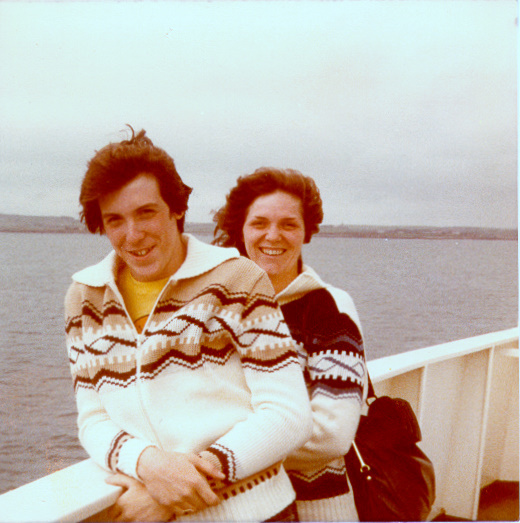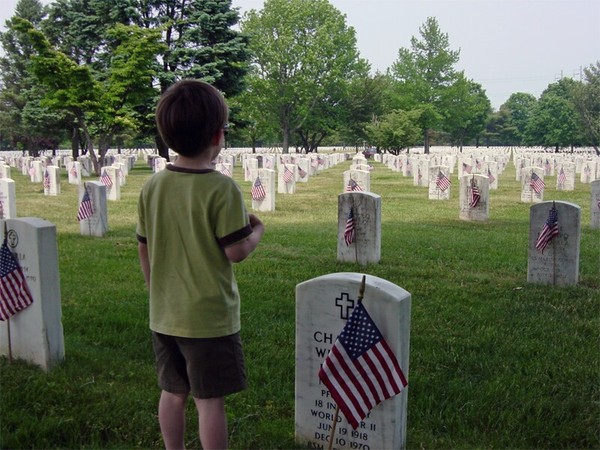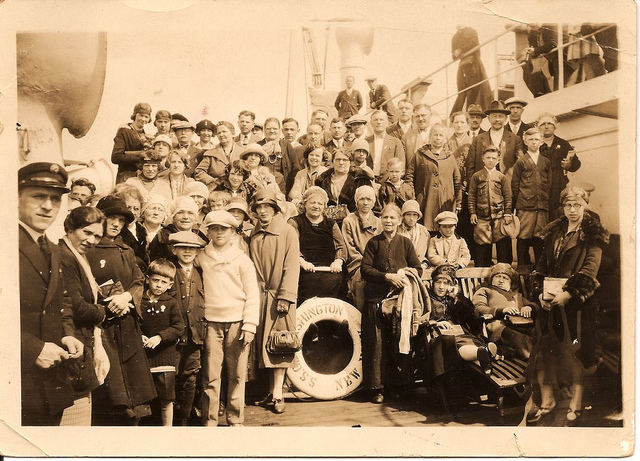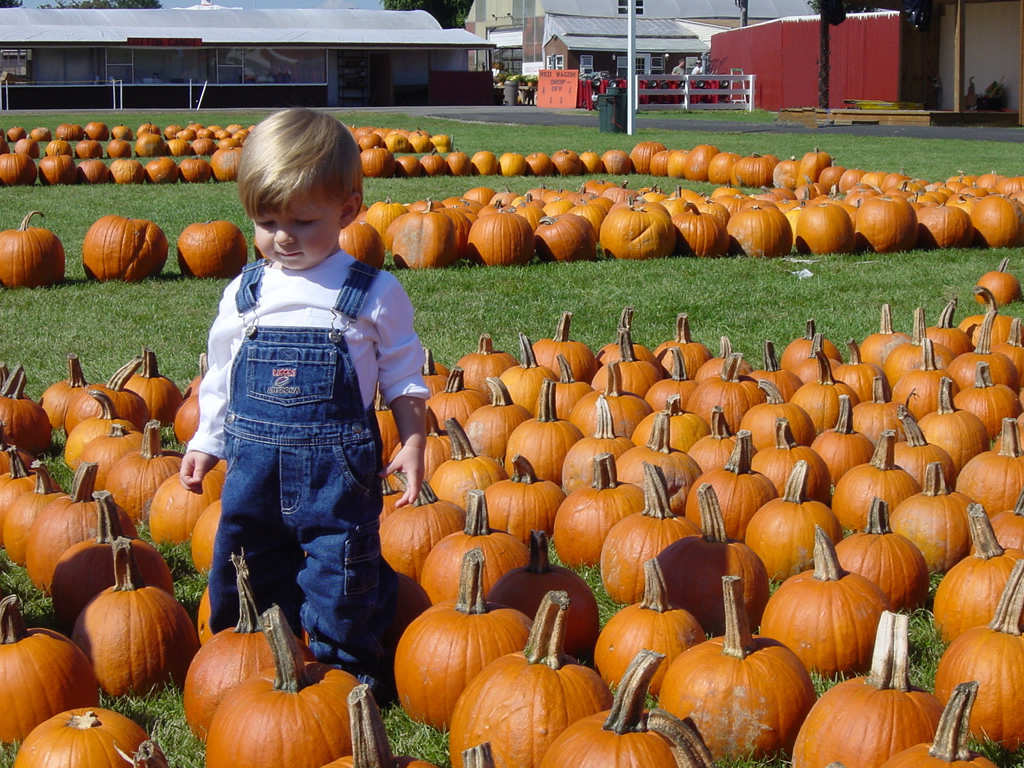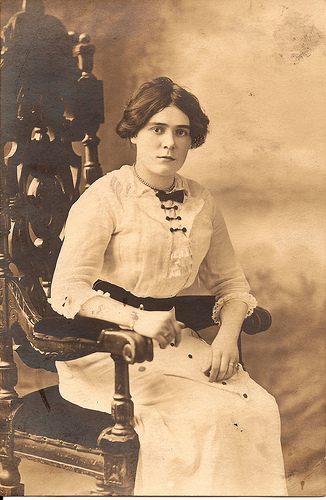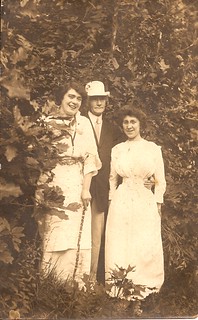While researching my grandmother’s family, I thought it would be interesting (and important) to learn more about the religious order her sister Kathleen had joined in Ireland.
Sister Attracta (the name she chose when taking her vows) is recalled fondly in our home via her letters to my parents and a New York visit in the 1960’s.
 Last year I posted a photo collage of Sister Attracta , and over the last year I’ve learned a bit more about her from a cousin in Ireland as we compared research.
Last year I posted a photo collage of Sister Attracta , and over the last year I’ve learned a bit more about her from a cousin in Ireland as we compared research.
After many years of service in China and Hong Kong, she retired to the Columban Sisters home in County Wicklow Ireland.
I found a bit of history on the Columban Sisters site that begins…
“The first group of Sisters set sail on September 13, 1926 from Cobh Harbour in County Cork. The 13,000 mile journey ahead of them would eventually take them to China. After many weeks travelling the Sisters finally arrived in China at a place called Hanyang.”
The small family stories I’ve heard of her mention the sisters being taken captive during the war, and their status as doctors and nurses was the one thing that saved them from certain terrible experiences.
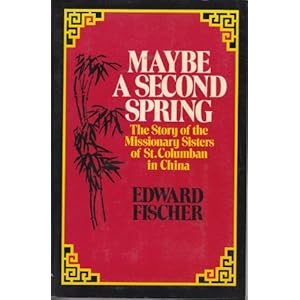 The history page references a book entitled “Maybe A Second Spring: The Story of the Missionary Sisters of St. Columban in China”, which they will send you for free if you pay shipping. (I purchased mine at Kennys.ie)
The history page references a book entitled “Maybe A Second Spring: The Story of the Missionary Sisters of St. Columban in China”, which they will send you for free if you pay shipping. (I purchased mine at Kennys.ie)
I received the book last night and am looking forward to start reading it tonight – but I couldn’t resist a flip through right away. Near the beginning it describes “…dozens of (missionary) women would, in time, go to the heart of China. They would face a civil war, bandits, war lords, Communist Geurillas, and Japanese invaders, to say nothing of opium addicts, lepers, floods, famine, and plague.”
 And what do I find in the center section of the book? A cache of photos, including one of Sister Attracta! Quite exciting – I also see her mentioned in at least one section where the sisters are heading off to found the mission at Nancheng.
And what do I find in the center section of the book? A cache of photos, including one of Sister Attracta! Quite exciting – I also see her mentioned in at least one section where the sisters are heading off to found the mission at Nancheng.
Once again, reading is good.
One book I have been reading through is The Čechs (Bohemians) in America, A Study of Their National, Cultural Political, Social, Economic and Religious Life, By Thomas Čapek.



